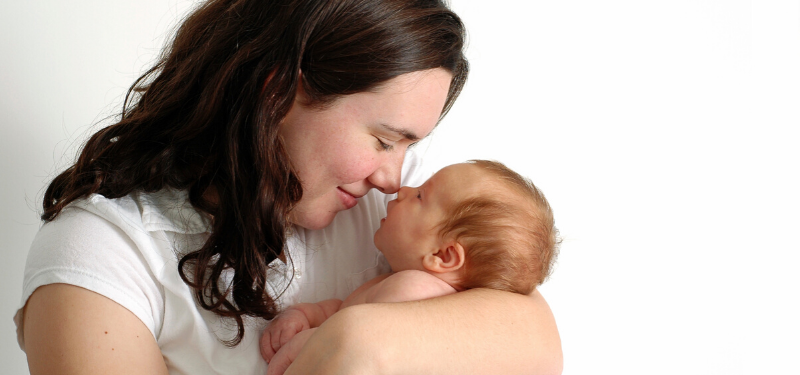Breastfeeding helps counteract weight gain in children at high risk for obesity

Being fed breast milk exclusively as an infant can help ward off weight gain for those at risk of becoming obese later in life, new research from Sinai Health shows.
Dr. Laurent Briollais, senior investigator at Sinai Health’s Lunenfeld-Tanenbaum Research Institute, along with colleagues at University of Toronto’s Dalla Lana School of Public Health and University of Hawai’i, report these findings in a new study published this week in PLOS Genetics.
Briollais and his colleagues investigated whether the body mass index, or BMI-reducing impact of breast milk can counteract the effects of genetic variations that increase the odds that a person will become obese.
“Obesity is a global problem that is causing a drop in wellness that is straining our health systems,” said Dr. Briollais. “Our study shows that while our genes do influence our risk of developing obesity, this predisposition is not irreversible and can be beneficially modified by exclusive breastfeeding.”
A growing body of research suggests babies who consume only breast milk are less likely to be overweight as children or adults, but the reasons behind this and other benefits of breastfeeding are not well understood.
The researchers looked at genetic data and the BMI of more than 5,000 children enrolled in a long-term health study based in Bristol, UK, known as the Avon Longitudinal Study of Parents and Children.
In 18-year-old boys whose genes put them in the high-risk category for obesity, exclusive breastfeeding until five months of age reduced their BMI by 1.14.
In girls, the impact was even larger, with a BMI reduction of 1.53. Breastfeeding exclusively until three months of age, or a mix of breast milk and formula, did not cause the same weight reduction in high-risk individuals.
“This research suggests breastfeeding should be a priority for babies who are most at risk to set them on the right path for growth and development and to reduce the risk of obesity-associated diseases as adults,” said Dr. Stephen Lye, executive director of the Alliance for Human Development at the LTRI.
The World Health Organization recommends all babies be breastfed exclusively until six months of age, but globally, only about 40 per cent of babies breastfeed until this age.
The new findings reinforce the WHO’s recommendation and suggest that exclusive breastfeeding may have the greatest benefits for individuals with a high risk of obesity.
The team said further research is needed to identify the key components of breast milk that may help in reducing the risk for babies who cannot be breast fed.












